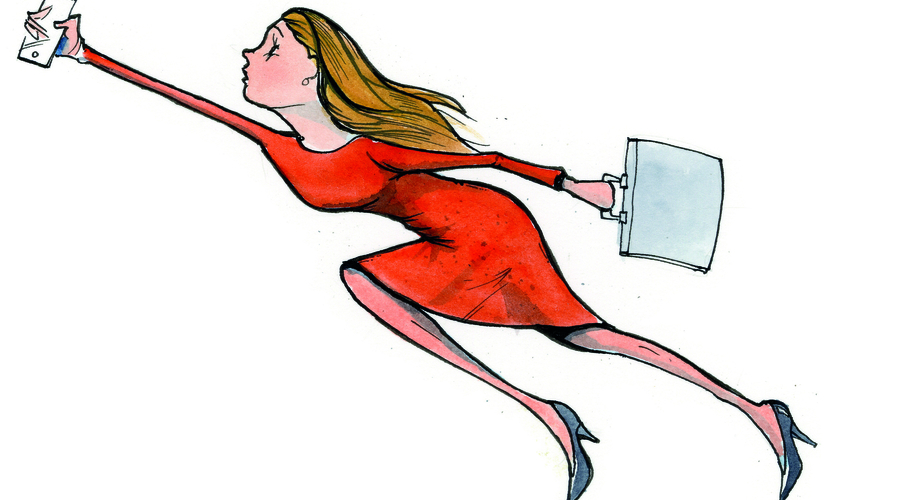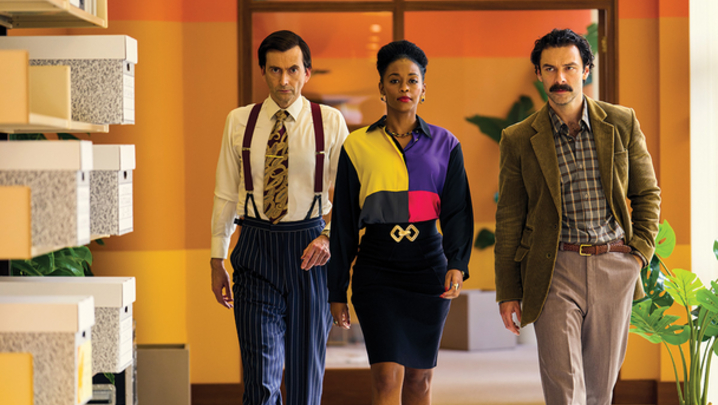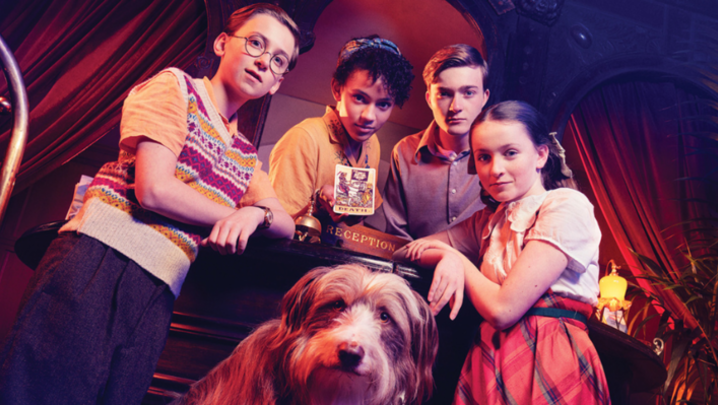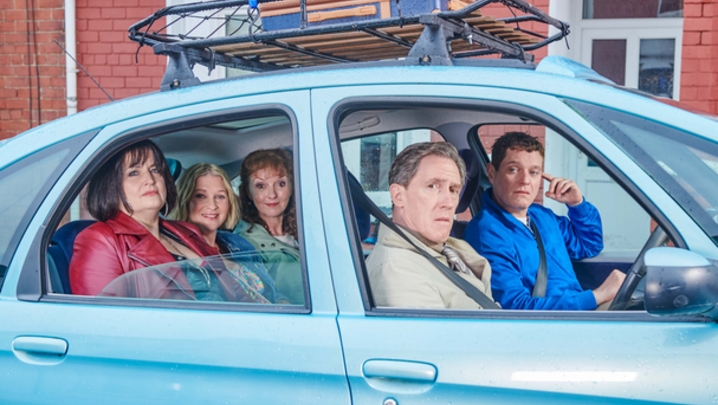Stefan Stern takes a sideways look at some of the key players who keep Planet TV spinning
Some things change, some stay the same. As the industry gets back to work this new year, there will be talk of new commissions, new hires, new ventures and, possibly, even a few new scandals.
But look around the office or your professional networks and a few familiar characters will be looking back at you. They are still there. Here is a small selection of them. Remind you of anyone?
The runner
It’s not an easy life being Philip, you know. Sometimes misunderstood. Often overworked. And occasionally looked down on by colleagues who have forgotten what it’s like to start at the bottom, and who can be impatient with that “know-nothing” youngster who has never heard of Michael Grade or Joan Bakewell.
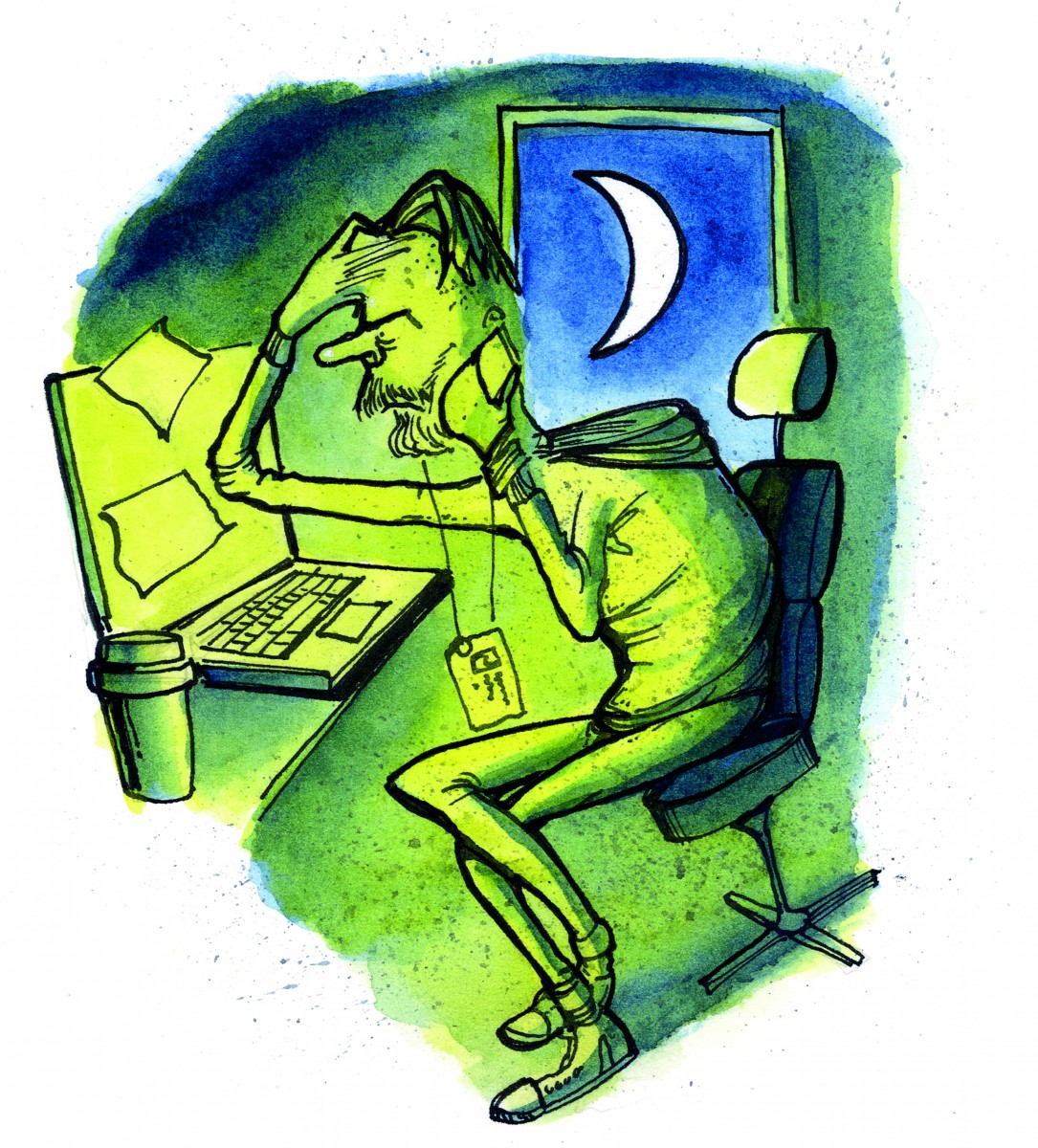
At the end of a long day’s filming, when more senior figures are free to go home, Philip will still be there till quite late at night, putting in the calls, getting some knock-backs, and worrying about how he will explain his failure to sort out a full cast list of interviewees when the execs stroll in the next day.
And, really, was it Philip’s fault that the location he’d picked for the street scene turned out to be next on the list for the council’s programme of roadworks? If the actors knew how to project properly they could have made their voices heard over the sound of the diggers. These arty types, honestly.
Philip is not getting paid a great deal for these long hours of effort and stress (and, not so long ago, he wasn’t being paid at all). But does he get much gratitude? No, he does not.
Still, he means well, and rarely causes so much of a disaster that he can’t be bailed out by one of his more experienced colleagues. And, for all the mishaps, it might be wise not to get on the wrong side of him: he’s a fast learner is Philip. He’s determined and, one day, it might be him who is calling the shots and hiring some veteran producers – who will be grateful to get the gig.
The writer
The spark of life. That’s what Louise delivers. Straight-talking, sassy banter and laugh-out-loud laughs. Since her breakthrough 30 years ago, with a semi-autobiographical drama about her childhood in Hull, Louise has been the person to turn to for dialogue that resonates with viewers and makes people laugh.
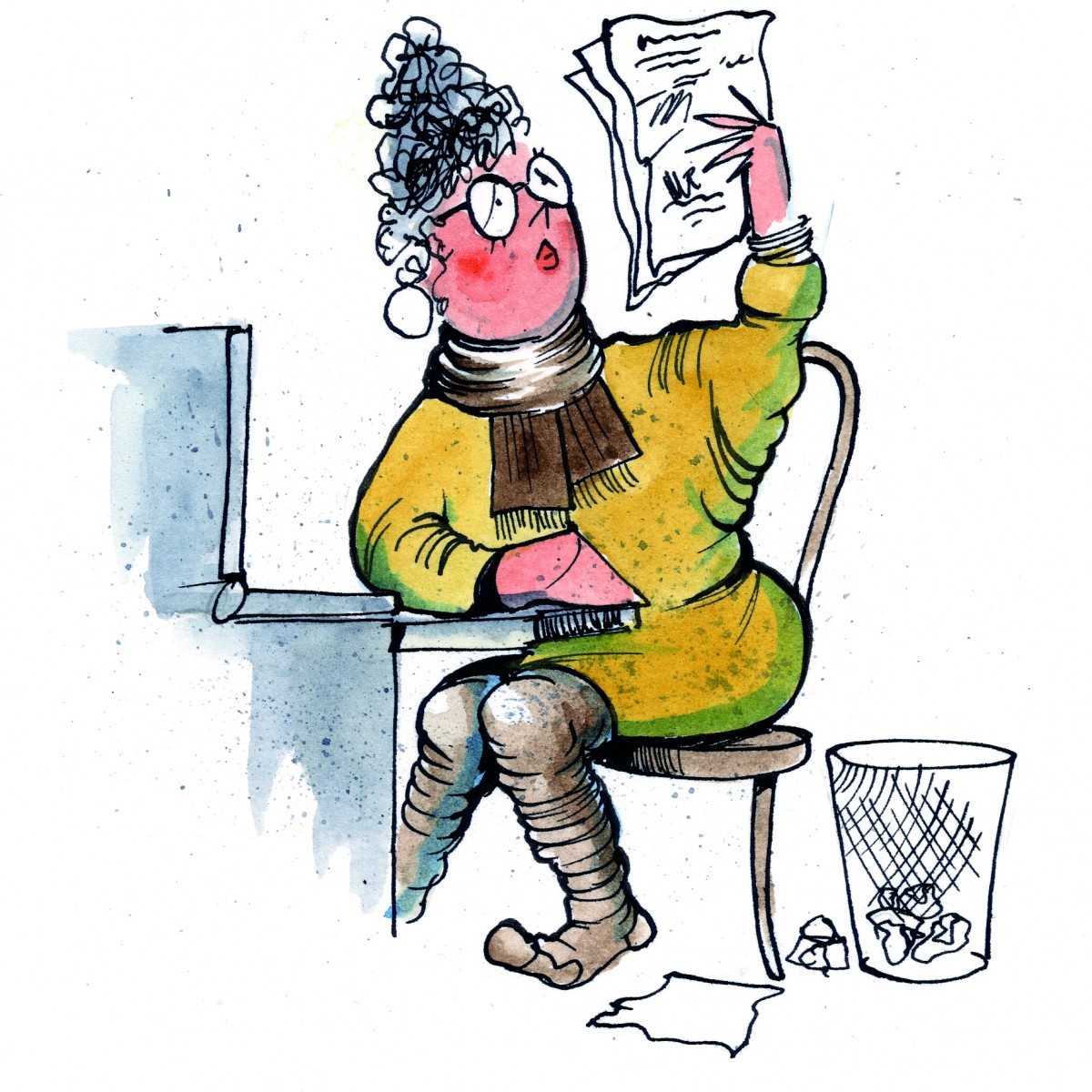
There’s just a bit of a problem. Louise does not always see eye to eye with some of her executive producers. They miss the flair and verve of some of her earlier work. She thinks she’s writing better than ever, and it’s the producers who struggle to take a decision or make up their minds about what they really want.
But what the series producers never see, in their smart, central-London offices, is that picture of Louise hammering away at her MacBook in the early hours of the morning, working on draft after draft, chuckling occasionally as she finally gets a joke to work, all in the quest to find the magic form of words that will bring the drama to life.
Louise has worked long and hard in the service of the great British viewing public. She has made the country laugh, and cry, over and over again, and the audiences still love her even if the execs don’t always get the joke quite as quickly as the viewers do.
The head of sales
For Anil, the dealmaker, there is no language too colourful and no bikini too small. The lesson of Love Island, Anil says, is that there is a huge market for bronzed, buff nonsense. Bums on screens will deliver bums on seats, mega ratings, and massive ad revenue.

When he hears the word culture, Anil frowns. How much money do the beautiful creative people pull in? Who do they think pays their wages and gets their arty programmes made, anyway? The lack of respect – and suspicion – between Anil and the creatives is mutual.
Anil likes data. He wants ratings. Eyeballs equal ads. “What do points make? Prizes!” he can often be heard saying, like Brucie. “Now, he understood show business and what people want,” says Anil.
But, while others embrace the online digital future, and marvel at the power of the new channels such as Netflix or Amazon – or YouTube – Anil is not so sure. He liked his old world of control. How can you sell ads in the box-set era? If people are bingeing and skipping ads, where’s the future for him?
Creative product placement, native and targeted ads may offer a lifeline. Anil has never ducked a challenge and he is confident that he will find a way to keep selling. If he can keep the quota of arty crap down, and keep the flow of surprise hits coming, all will be well. There will still be water-cooler telly moments that advertisers find irresistible, even if everyone on every single programme has to appear on screen in their swimming costume.
The presenter
He likes to see the whites of his interviewees’ eyes, does Robin – but, magically, his hair remains a deep chestnut brown, even after all these years. His hair is very important to him. The hair is crucial.
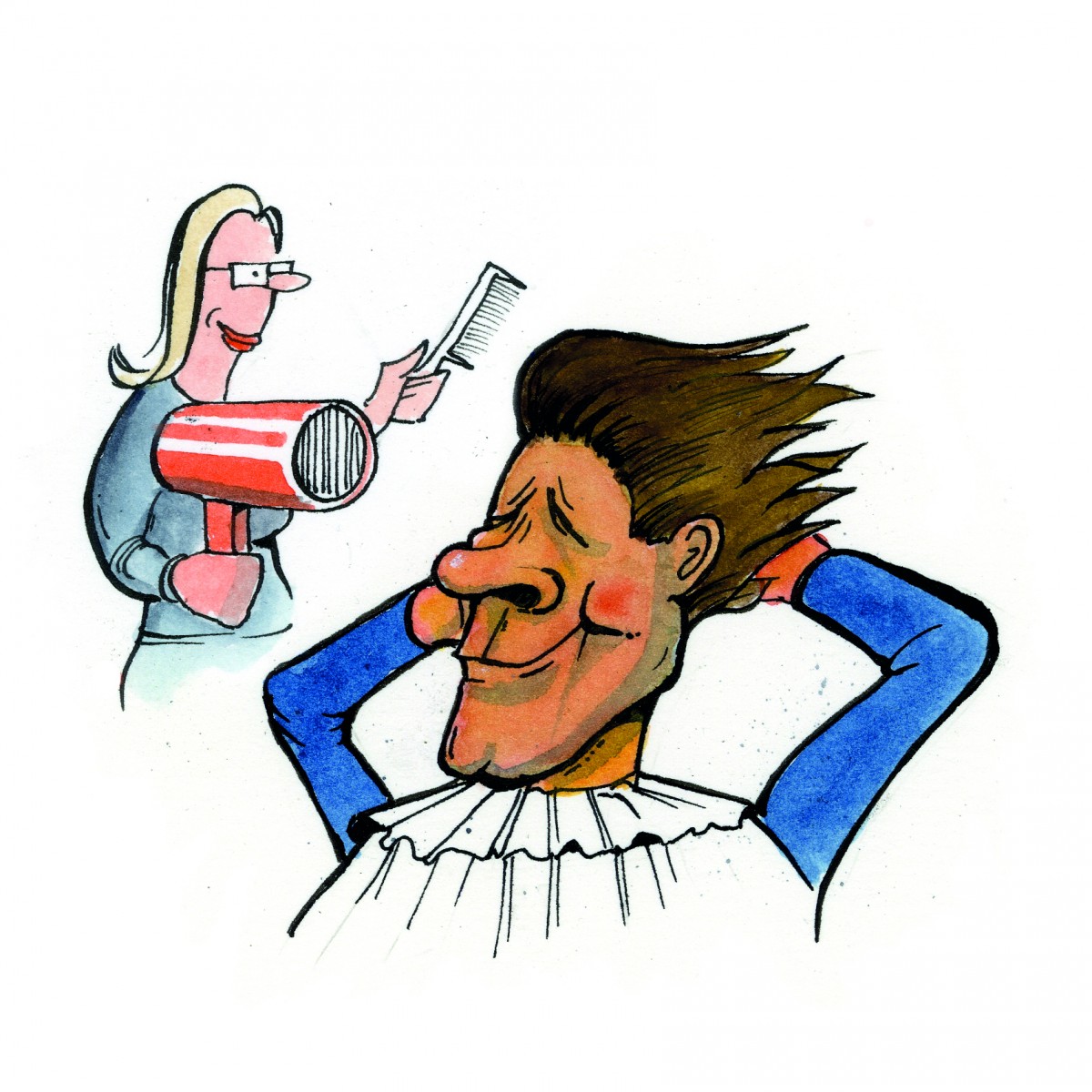
It takes a steely nerve and a quick brain to front-up, live, night after night. It’s not just about reading an Autocue. Oh, no. An encyclopedic knowledge of world events and current affairs is needed to handle breaking news stories and slippery or evasive guests.
How Robin maintains these energy levels and this sort of commitment, even now, is a matter of some speculation. The spa visits, the personal trainers, the “refuelling” – it’s a mystery. Maybe the story will come out one day.
And, if presenting all this output were not enough, once the show is over, Robin leaps on to Twitter to do battle with ignorant critics and flirt with his many admirers, male and female. For the right fee (a big one), he will host your industry awards or make a travel programme – if the location and the size of the cheque pass muster.
Of course, there are some younger rivals snapping at his heels, some brilliant female presenters who are overdue a promotion. Change is coming, and the modern world cannot be kept out much longer. He won’t cling on for ever. But, while he’s still in possession of the prime slots, Robin is going nowhere. They’ll have to drag him out of there. By the hair, probably.
The super indie
Marjory may have left the BBC under a bit of a cloud, but look at her now. Everyone wants a piece of her – or at least some of her “content”. Wielding her two smartphones, and navigating an immensely crowded schedule, Marje weaves her way from meeting to meeting, to LA, New York and back to London, selling, selling, selling. It’s a new world out there and Marjory’s shows are smashing it.
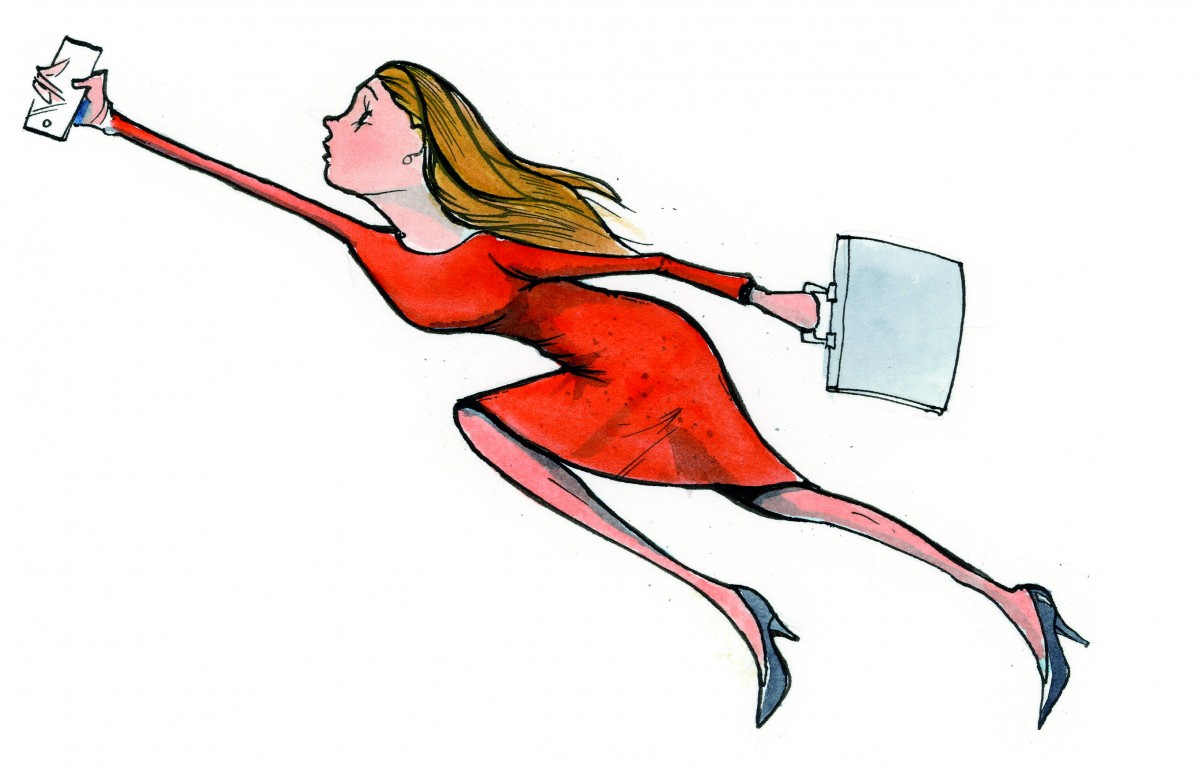
Once upon a time, spectrum scarcity kept things under control. The schedule mattered, and there were huge audiences to be won. This was the world that Marjory grew up in and in which she learned her trade. But there could only be one channel controller back then, one head of drama – and Marjory’s face did not fit.
But now look. Amazon, Netflix, Apple… there are just so many new customers out there. Viewing habits are transformed. Box sets and binge-viewing sessions rule. And there is no end of talent heading in Marjory’s direction, because a super indie such as hers can open some crucial doors.
So what else has she got up her designer sleeve? She’s not telling. But sagas, gritty thrillers, period dramas and comedies all form part of her repertoire. There are great roles for established movie stars who like the idea of committing to lavishly funded series. There are breakthrough roles for beautiful, aspiring stars who are not put off by shooting scenes packed with sex and violence.
And, at the apex of it all, there is Marjory: closing deals, producing great “content” and making an awful lot of money.

